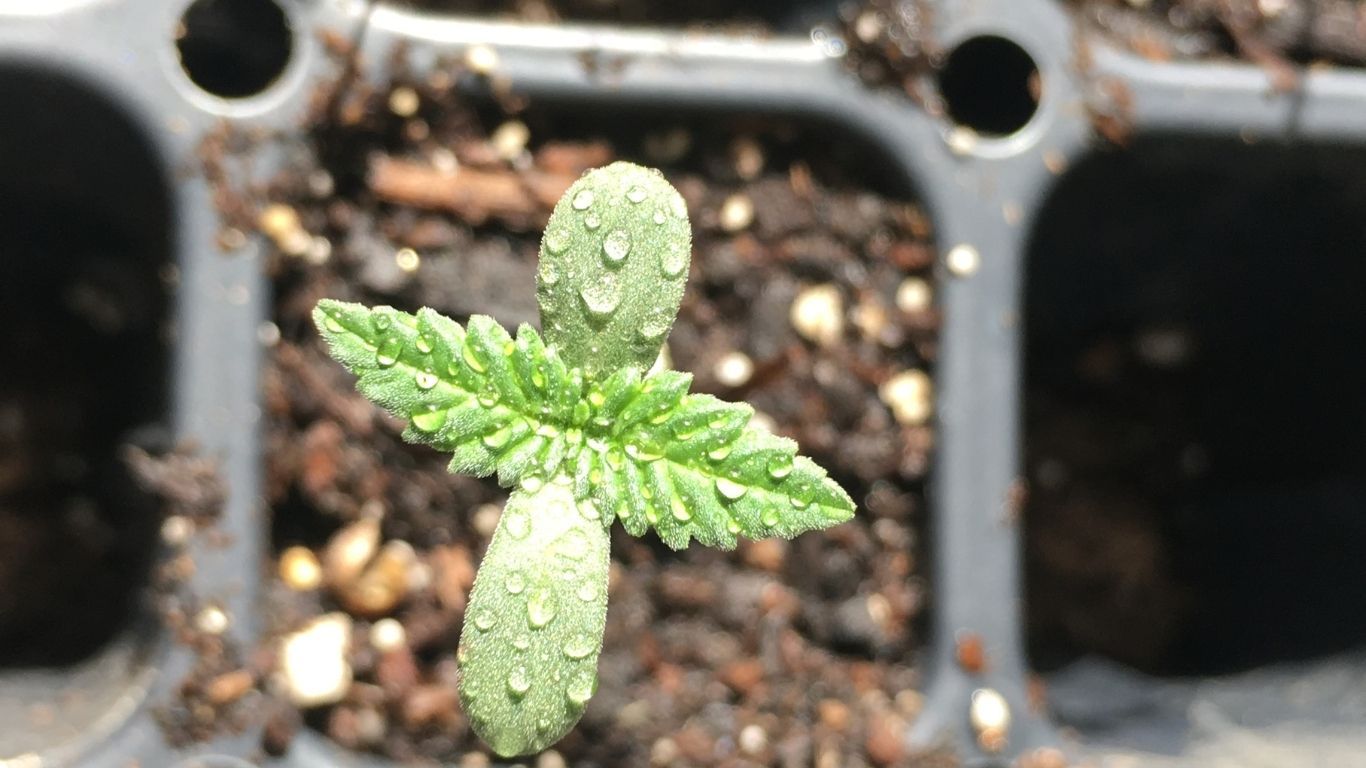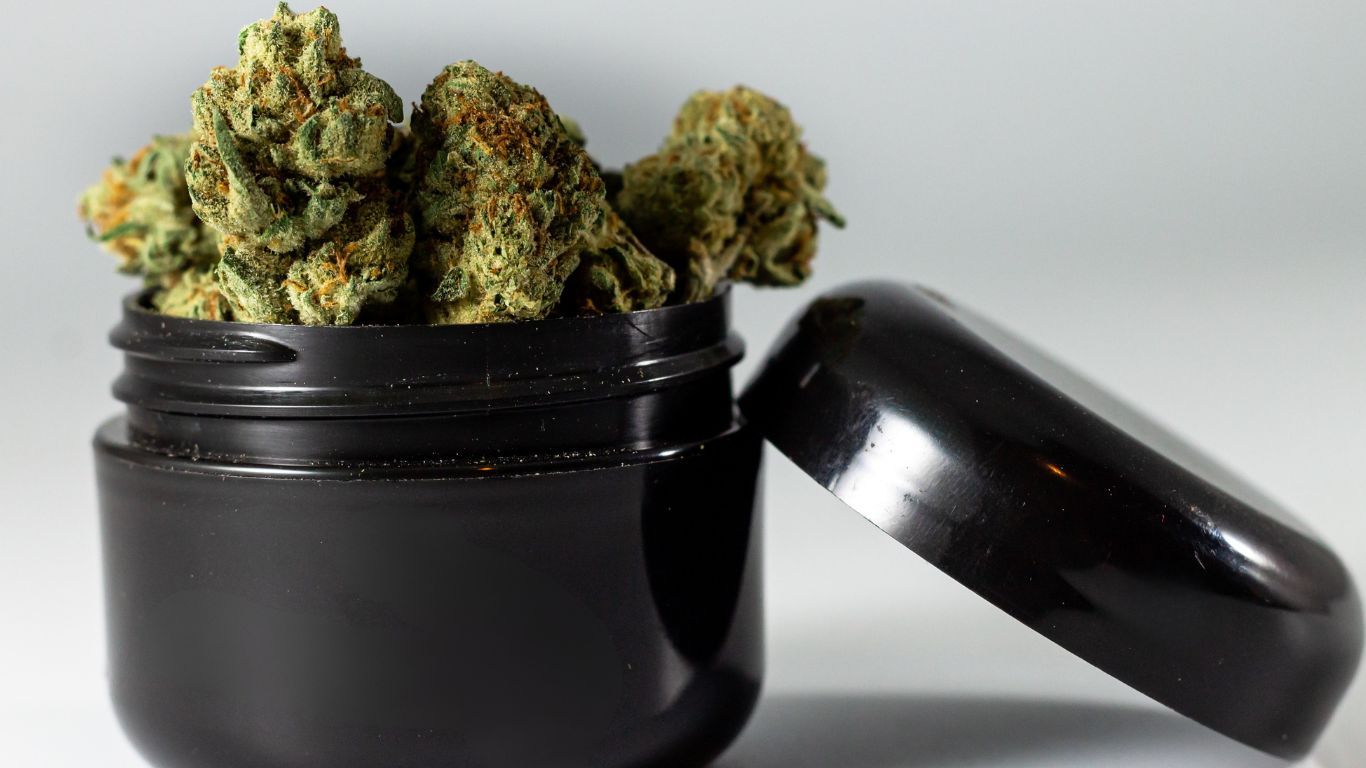
An organization challenging Manitoba’s ban on homegrown cannabis announced a new lead counsel for their fight, Jack Lloyd.
Lloyd is a well-known cannabis and psychedelics lawyer and advocate and has represented numerous cannabis advocates in court over the years. He is also the president of NORML Canada.
Lloyd will take up the role of head lawyer for TobaGrown, the organization that is fighting the home grow ban in Manitoba, as well as their participation in a similar case being fought against Quebec’s own home grow ban.
“I’m extremely proud of how strong we’ve built our case with the mountains of evidence we have backing up our arguments, and now I feel we have one of the most qualified cannabis lawyers arguing our case for us,” says Jesse Lavoie, the individual who has spearheaded the efforts of TobaGrown in Manitoba and Quebec.
“Lookout, we’re coming for our four,” says Lavoie.
Lavoie launched his challenge of Manitoba’s section 101.15 of the Liquor, Gaming and Cannabis Control Act in 2020. Although federal cannabis regulations allow up to four cannabis plants to be grown in the home for non-medical use, provinces and territories are allowed to limit that number.
The only two provinces to have limited that number are Quebec and Manitoba, which both placed an outright ban on cannabis home-grows. In the past, the federal government has said while provinces can limit the total number of grows, they do not believe this allows provinces to limit that number to zero.
“Since the Supreme Court rules with the whole country in its lens, I am quite sure that they will analyze the case (from) a different angle than what the Court of Appeal did. In the end, the Court of Appeal has a tendency in constitutional matters to be pro-Quebec and pro-Independence of the province in the federal state that we are.”
Maxime Guérin, lead counsel in the Quebec home grow case
In September 2021, Quebec’s Court of Appeal reversed a previous ruling from the Quebec Superior Court in 2019 that said the ban on Quebecers growing their own cannabis was a violation of federal law. The Court of Appeal sided with the Quebec government this week on the province’s ban on homegrown cannabis. The opposition says they plan to appeal.
In her ruling, Quebec Court of Appeal Judge France Thibault wrote that both sides in the case were motivated by the desire to combat the harms associated with consumption. The Quebec government argued they could ban growing cannabis at home in order to protect Quebecers, especially young people. The other side argued that the Quebec government could not overrule federal law that allows Canadians to grow up to four plants per household.
This means that currently Quebec residents can be fined $750 per plant if found to be growing cannabis unless they are doing so with a medical authorization through their physician and Health Canada.
TobaGrown officially signed on as an intervener in the Quebec case in early 2020. Lloyd says he hopes to argue the case in Manitoba before the Quebec case (Murray Hall v. Procureure générale du Québec) reaches the Supreme Court.
Lloyd says he was surprised by the Quebec Court of appeal ruling and hopes to create a better legal precedent in Manitoba which can then also be allied in Quebec.
“I’m hoping to move this forward as quickly as possible so we can A, strike this crummy law down and make sure that other provinces can’t follow suit and B, make sure that bad precedent of the Quebec Court of Appeals doesn’t become law from the Supreme Court of Canada”, says Lloyd. “The fight is on.”
“If you’re interested in the rights of people who want to possess and grow a little cannabis, this case is of paramount importance,” he continues. “Because if it is found that Manitoba is entitled to enact legislation like this, then every province is entitled to enact legislation like this and quite likely will.”
“The fate of a lot of small gardens with this harmless plant is at stake.”
Maxime Guérin, the lead counsel in the Quebec case says they expect that if the Supreme Court hears their case, it could still be a year or more away.
“We filed the case on October 29th in the Supreme Court of Canada,” explains Guérin. “Next step is that they will confirm the opening of the file and give it a number. Then, the Court will analyze if they want to hear us or not. If not, then the case is settled and the government has won. If they give us the right to be heard, then we expect to be heard in a year or 18 months from then.”
He says he would be “very surprised” if the Supreme Court isn’t willing to hear their case and is hopeful that it will overturn the Quebec Court of appeal’s own ruling against the Quebec Superior Court.
“Since the Supreme Court rules with the whole country in its lens, I am quite sure that they will analyze the case (from) a different angle than what the Court of Appeal did. In the end, the Court of Appeal has a tendency in constitutional matters to be pro-Quebec and pro-Independence of the province in the federal state that we are.”











